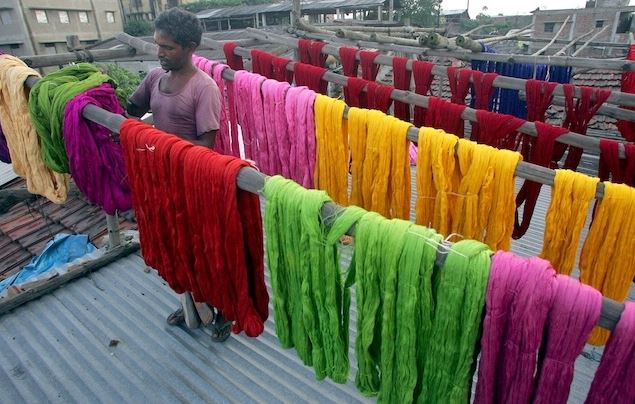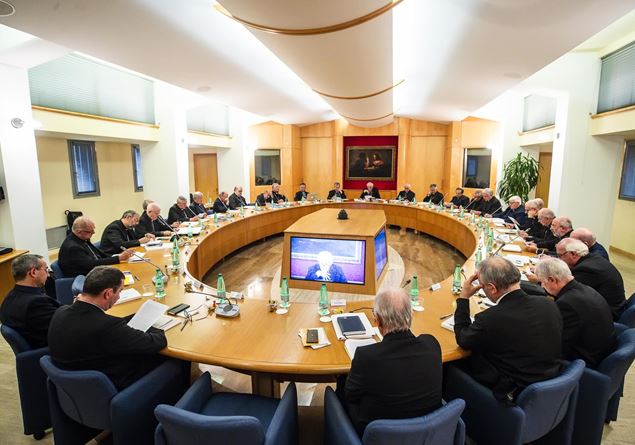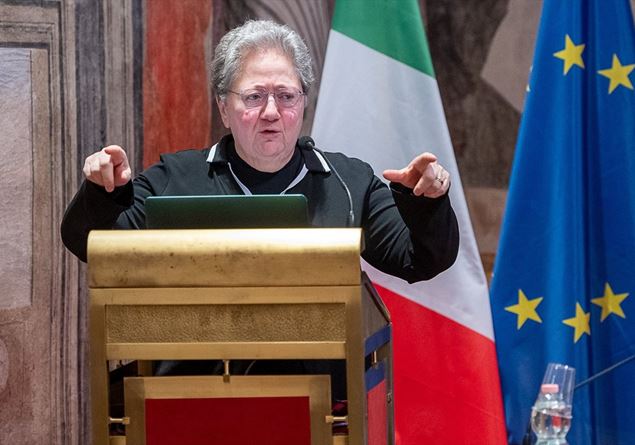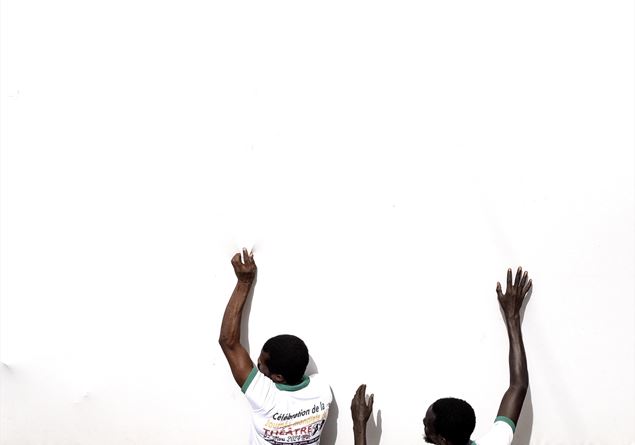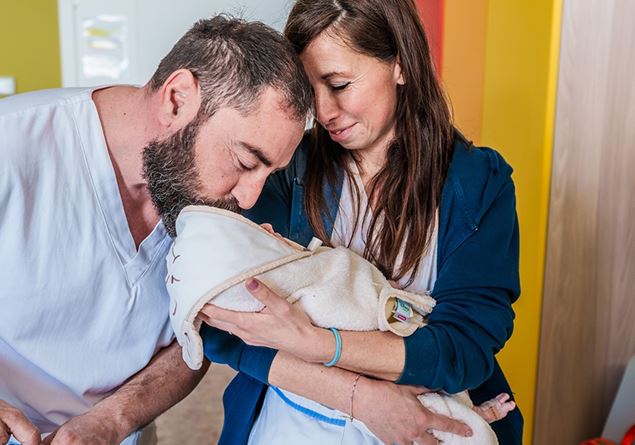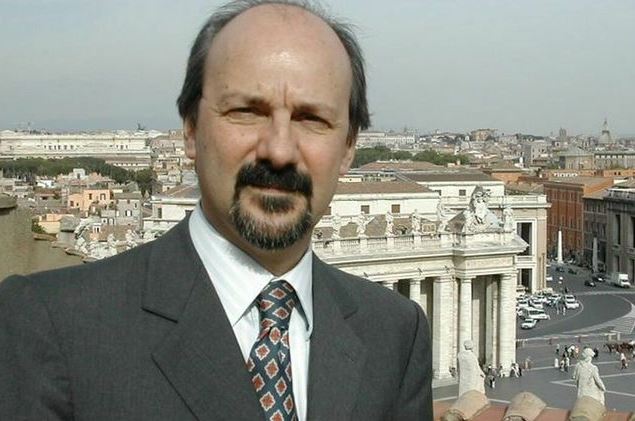Cardinal Matteo Zuppi, president of the CEI, talks about gambling. A subtle addiction that “in difficult periods of existence” makes its way “among the most fragile segments of the population” who delude themselves “that they are better off, that they are happy or that they are successful”. In starting the work of the Permanent Council of the CEI, which will above all address the theme of the next session of the synodal path, the Archbishop of Bologna outlines, starting from the opening of the Holy Door, reasons for hope and desperation. Poverty, forced migration, lack of housing… Reasons that can sow distrust. For this reason «the truly providential choice of the Jubilee, of the Jubilee theme and the Pope’s words, have captured – it seems to me – a widespread thirst among many people, who cannot find or do not know how to look for answers. It is true that resignation easily wins, but in reality, we know, there is hope in every man and he cannot live without an answer.”
The cardinal recalls «the inauguration of the Basilica of Notre Dame in Paris after the terrible fire: this similarly represented a sign, revealing that one is attracted by the beauty of the liturgy, by the depth of history, by words that go beyond banality of many everyday existential scenarios that descend into the depths of our present and the interiority of the person.” He speaks of the «Churches of the former Soviet Union that resisted decades of terrible anti-religious persecution and communist dictatorship (with many martyrs), only by celebrating the liturgy in the spaces of the churches that remained open» to say, in the words of Father Tavrion, a Russian monk who had spent many years in the Soviet gulag that «If we don’t show beauty, people won’t come to us». In the desert, he reiterates “there is a need above all for people of faith who, with their own lives, show the way towards the Promised Land and thus keep hope alive”.
The path is not easy, but we must return to being a prophetic Church, which means «a Church that speaks, communicates, listens, questions and responds», ensuring, as Pope Montini hoped, «that the Christian message returns to the circulation of human discourse and of the women of their time, who disturbs consciences, who touches hearts, who is not marginalized by everyday life or by culture”.
Of course there is no shortage of fragilities. But the cardinal, thinking above all of young people, underlines that “with their spiritual and meaning questions, with suffering but also with anxiety about the future, they must be able to encounter the beauty of the evangelical dream”. This is the reason for the synodal path: to circulate, without proselytizing, «the Christian message in human discourse among all. This challenges lay people above all in their daily life, in their friendship with everyone, in their daily relationships. It involves the Church to intervene on various occasions of debate and meeting. Many people who are looking for meaning and answers – a great reality that should not be underestimated – need to find interlocutors. And these are the lay people in everyday life. It is their great task.”
But we must start above all from the least, from the “eloquent testimony of the poor. Pope Francis has many times insisted on the responsibility of not escaping the poor, of touching them; this means talking to them and also building, in help and solidarity with them, an exchange and a friendship. They are not a category. They are our neighbor and we are for them. Too often we have institutionalized service to the poor (which certainly requires a level of organization and professionalism), but we have gotten too close physically and humanely to the poor. It is not enough to contribute financially to the relevant institutions. We are all called to be friends of the poor and even our catechetical courses cannot fail to educate in love for the poor.”
The cardinal invites, in the Jubilee year, to identify «the little ones of our Dioceses and put ourselves at their service, so that hope may grow in them and thus also prepare the Kingdom of God. I am thinking of people with disabilities and their families. I think of the victims of abuse, whose suffering we carry in our hearts and which commits us rigorously to combating and preventing it. I think of the prisoners.” But also to «creative and stable programs for those who experience difficulties, also in collaboration with those who share our same sensitivity. It is in this sense that we look with sympathy at the efforts for a renewed presence of Christians in the political life of the country and, I hope, of Europe, starting from the Trieste Social Week”.
He talks about wars, starting from the 80 years since the end of the Second World War, from whose tragedy was born the choice to imagine peace by building a Europe whose founding principles must be defended and relaunched. Peace is thinking together and the scandal of war and war in Europe must commit us all to seeking possible ways of dialogue for a just and lasting peace.” And for this reason he invites “Caritas and those who wish to help the Ukrainian people to guarantee this year too, as in 2024, welcome to children orphaned or affected by war during the summer holidays”.
He applauds the truce between Israel and Palestine and explains that «the Church in Italy is close to Israel so that it can finally embrace its kidnapped loved ones again, have the necessary security and continue to fight against anti-Semitism which manifests itself in subtle and ambiguous forms. The recent Day for the deepening and development of dialogue between Catholics and Jews had the Jubilee as its theme, in the awareness that only friendship and dialogue will continue to make our relationship, as far as we are concerned, constant and in no way weakened. Already in the past I have clearly intervened, condemning phenomena of resurgent anti-Semitism, which are never acceptable.” But “the Church in Italy is also close to the Palestinians and their suffering so that we can finally start a path that allows this people to be recognized in their full dignity and freedom”.
Furthermore, the Jubilee, says the cardinal, «can become an opportunity to knock on the doors of rich countries again, including Italy, to ask them to forgive the debts of poor countries, which have no way of repaying them. Millions of people live here in living conditions devoid of dignity. Please note that the debts of the States are sometimes contracted with private individuals: the Church cannot fail to make its voice heard so that social equity is established and the few very rich people do not take advantage of their advantageous position to influence politics for their own interests. Without forgetting, as Pope Francis recently recalled, that there is “a new form of inequity of which we are increasingly aware today: the “ecological debt”, in particular between the North and the South. Also as a function of the ecological debt, it is important to identify effective ways to convert the foreign debt of poor countries into effective, creative and responsible policies and programs for integral human development”.
Turning his gaze to Italy, Cardinal Zuppi reflects on «poor and precarious work, which also encourages pockets of illegality, the difficulty for many of making it to the end of the month and being able to imagine the future. Closely linked to the family and the birth rate is the question of housing which certainly requires an extraordinary effort to guarantee affordable purchase prices and adequate guarantees for renters. On the immigration front, despite the reduction in landings (according to recent data, 66,317 migrants landed on the Italian coasts in 2024, 58% less than the 157,651 who arrived in 2023), the number of shipwreck victims remains high (approximately 1,700 deaths at sea, 1 in every 40 arrivals, higher than the deaths in the Western Mediterranean route which is 1 in every 36). The need is evident not to weaken the culture of the rights of asylum seekers and refugees, offering rules of safe rights and duties, flows and channels that allow the entry of the necessary workers, who are never just hands, but people who require policies far-sighted towards integration. The experience of the humanitarian and work corridors should be valorised because it guarantees dignity and safety to those fleeing from dramatic situations.” He recalls the Church’s commitment to keeping «together the request for security, the desire for solidarity and the need to meet the needs of migrant people. In short: free to leave, free to stay and free to return, finally moving away from an exclusively security logic, an evidently decisive issue for strengthening cooperation, in particular with Africa.” Continuing to look to the future with the “hope that does not disappoint”.




